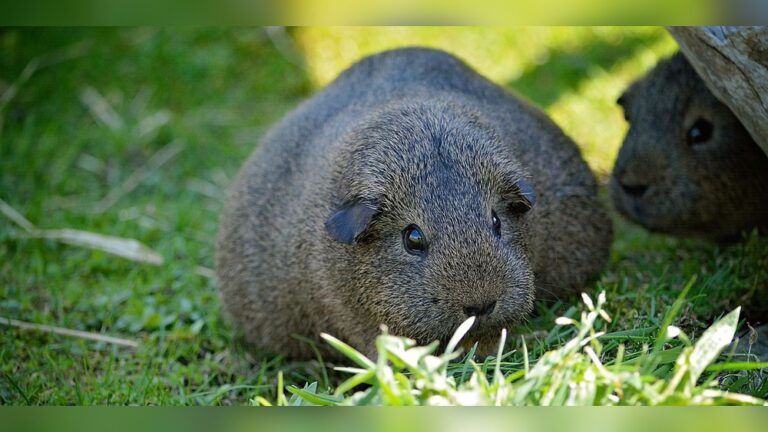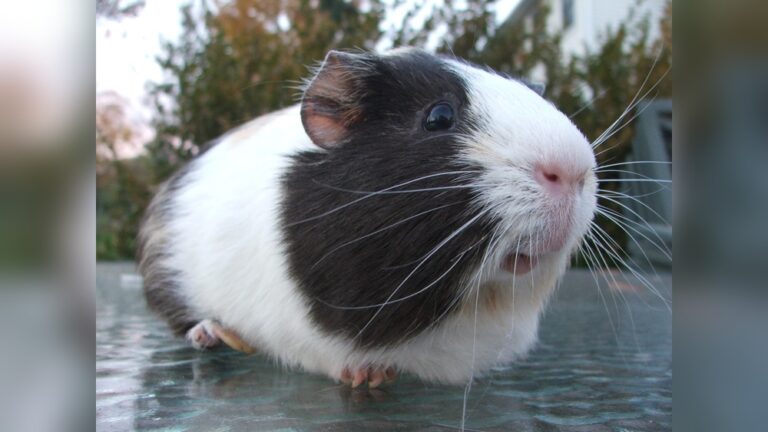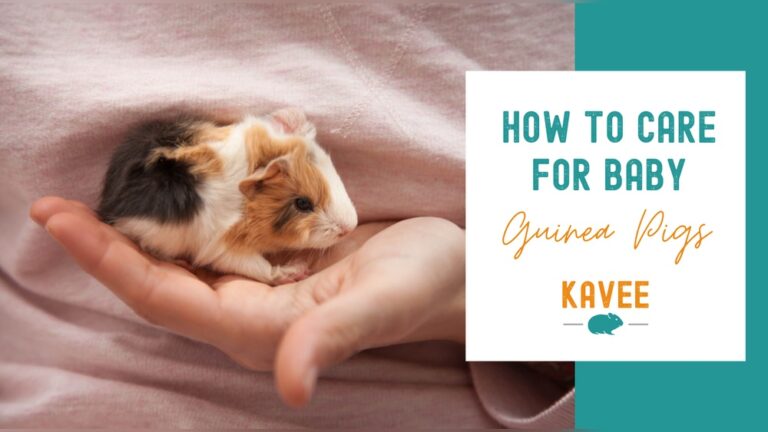Are Chinchilla Rodents: Surprising Facts You Must Know
Have you ever wondered if chinchillas are rodents? It’s a question that might surprise you, especially if you’re thinking about getting one as a pet or just curious about these soft, fluffy creatures.
Understanding whether chinchillas belong to the rodent family can change the way you care for them and how you see their behavior. You’ll discover the truth about chinchillas, learn what makes them unique, and find out why knowing their classification matters for your connection with these charming animals.
Keep reading to uncover facts that will change everything you thought you knew!
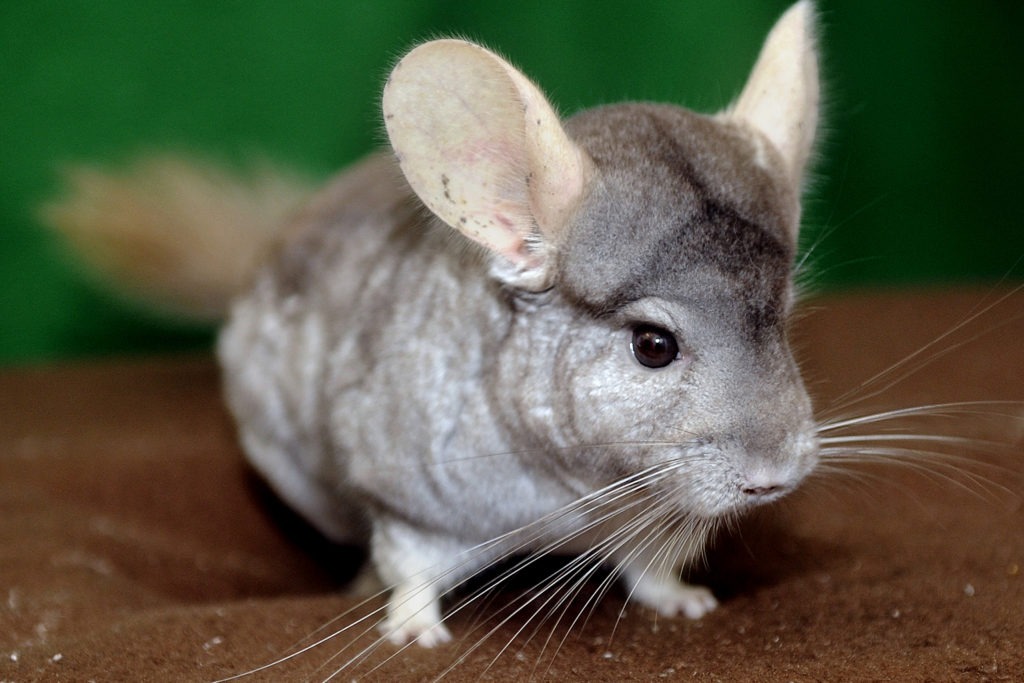
Credit: www.marylandzoo.org
Chinchilla Classification
Chinchillas belong to a group of animals called rodents. They share many features with other rodents. Their classification helps us understand their nature and habits better.
Knowing chinchillas’ place in the animal kingdom shows their unique traits. It also explains their behavior and care needs for pet owners.
Rodent Family Traits
Rodents have strong, sharp front teeth. These teeth grow continuously and help them chew food. They have a small body and a large head. Most rodents are herbivores, eating plants and seeds.
Chinchillas share these traits with other rodents. Their teeth are perfect for chewing tough plants. They also have soft fur and big ears to hear well.
Chinchilla Species
There are two main chinchilla species. The first is the long-tailed chinchilla. The second is the short-tailed chinchilla. Both live in the Andes Mountains of South America.
Each species has slight differences in size and fur. Long-tailed chinchillas are more common as pets. They have longer tails and softer fur than short-tailed ones.
Physical Features
Chinchillas have unique physical features that make them easy to recognize. Their appearance shows many traits common to rodents but also some special ones. These features help them survive in their natural environment and make them popular pets.
Fur And Size
Chinchillas have the softest fur of any rodent. It is thick and dense, protecting them from cold mountain weather. Their fur can be gray, white, or beige. Adult chinchillas usually weigh between 400 and 600 grams. They measure about 9 to 14 inches long, not counting the tail. Their tails add an extra 3 to 6 inches. This size helps them move quickly and jump well.
Distinctive Characteristics
Chinchillas have large, round ears that help them hear well. Their eyes are big and dark, giving good night vision. Their whiskers are long and sensitive, helping them sense their surroundings. They have strong hind legs for jumping. Their front paws are small but skillful, useful for holding food. These traits make chinchillas agile and alert animals.
Behavior And Habits
Chinchillas have unique behavior and habits that reflect their wild origins. Understanding these traits helps in caring for them properly. They show clear patterns in how they interact and spend their time.
Social Nature
Chinchillas are very social animals. They enjoy living in groups and often groom each other. In the wild, they form colonies to stay safe. Alone, they may feel lonely or stressed. They communicate through soft sounds and body language. Bonding with other chinchillas keeps them happy and healthy.
Activity Patterns
Chinchillas are mostly active at dawn and dusk. This makes them crepuscular creatures. They spend daylight hours resting in cool, dark places. At night, they explore, play, and eat. Their energy peaks during these quiet times. Providing toys and space helps them stay active indoors.
Habitat And Distribution
Chinchillas are small rodents known for their soft fur and lively nature. Understanding their habitat and distribution helps us learn how they live and survive. These creatures are native to specific regions and have unique homes adapted to their needs.
Natural Environment
Chinchillas live in the Andes Mountains of South America. Their habitat is rocky and dry with little vegetation. High altitudes provide cool temperatures and fresh air. They make their homes in crevices and burrows among rocks. These places protect them from predators and harsh weather. The environment has sparse plants, mostly grasses and shrubs. This natural setting fits their needs for food and shelter.
Adaptations To Climate
Chinchillas have thick fur to stay warm in cold mountain weather. Their fur is so dense that water cannot reach their skin easily. This keeps them dry during rain or snow. They are active mostly at night when it is cooler. Their bodies can handle large temperature changes from day to night. Chinchillas also avoid the hot sun by resting in shade or burrows. These adaptations help them survive in their tough climate.
Common Misconceptions
Many people have wrong ideas about chinchillas. These small animals often cause confusion. Some wonder if chinchillas are rodents. Others mix them up with other pets. Clearing up these myths helps us understand chinchillas better.
Knowing the truth also helps in caring for chinchillas properly. Let’s explore some common misconceptions.
Are They Rodents?
Yes, chinchillas are rodents. They belong to the rodent family, just like mice and guinea pigs. Rodents have sharp front teeth that keep growing. Chinchillas use these teeth to chew food and wood.
People often think rodents are pests. But chinchillas are gentle and clean pets. They do not carry diseases like wild rodents. Their rodent status does not mean they are dirty or harmful.
Differences From Other Pets
Chinchillas are different from hamsters and rabbits. They have thick, soft fur that feels unique. Unlike hamsters, chinchillas are active at night. They need dust baths to keep their fur healthy.
Rabbits eat more vegetables, but chinchillas mainly eat hay and pellets. Chinchillas also live longer, up to 15 years or more. They need a quiet home and gentle handling to stay happy.
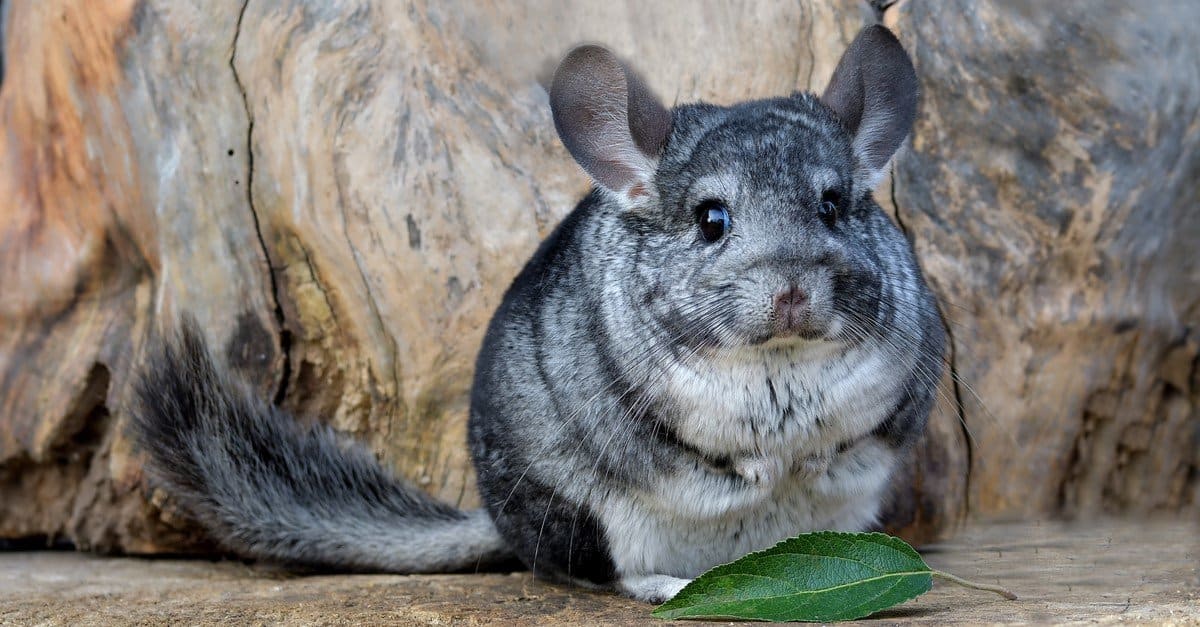
Credit: a-z-animals.com
Chinchillas As Pets
Chinchillas make unique and interesting pets. They are small rodents with soft, dense fur. People enjoy their playful and curious nature. They need special care and attention. Understanding their needs helps keep them happy and healthy.
Chinchillas are active animals. They like to jump and run. They do best in quiet homes with space to move. Taking care of chinchillas requires knowledge and patience. This ensures a good life for these small pets.
Care Requirements
Chinchillas need a large cage with shelves to climb. They enjoy toys that challenge them mentally and physically. Their fur must stay dry. Dust baths help keep their fur clean and healthy. These animals need fresh food daily. Hay and pellets form the main diet. Fresh water is essential at all times. The cage must be cleaned regularly to prevent odors. Temperature control is important. Chinchillas do not tolerate heat well. Keeping their environment cool protects their health.
Health Considerations
Chinchillas can live 10 to 15 years with good care. Watch for signs of illness like loss of appetite or lethargy. Their teeth grow continuously and need chewing items to stay healthy. Overgrown teeth cause pain and eating problems. Regular vet checkups help catch problems early. Avoid sudden changes in diet or temperature. Stress can lead to health issues in chinchillas. Proper care and attention reduce risks of common diseases.

Credit: en.wikipedia.org
How Smart Pets Lover Can Help You with Are Chinchilla Rodents
Exploring Chinchillas as Rodents: A Path to Practical Learning
Understanding that chinchillas are indeed rodents opens up a fascinating window into their behavior and care. Knowing their classification helps decode many of their unique physical features and habits—like their dense fur and crepuscular activity patterns—which are common traits among rodents. This insight is more than academic; it equips you with practical knowledge for responsible pet ownership.
For example, recognizing their natural habitat and social behaviors can guide how you create a nurturing environment at home. Chinchillas thrive in cool, dry spaces with plenty of room to jump and explore, reflecting their wild distribution in rocky, mountainous regions. Embracing this helps prevent common misconceptions that may lead to improper care.
- Observe their social cues to foster trust and bonding.
- Provide chew toys to satisfy their rodent need to gnaw.
- Maintain a dust bath routine to keep their fur healthy.
At Smart Pets Lover, we believe that every small detail informs a bigger story—where every wag, purr, and chirp tells a story, including the gentle whiskers of your chinchilla. If you have questions or need tailored advice, reaching out to experienced pet communities or local veterinarians can be invaluable. After all, learning is part of the joy in being a pet parent.
Frequently Asked Questions
Are Chinchillas Classified As Rodents?
Yes, chinchillas are rodents. They belong to the family Chinchillidae. They share traits like continuously growing teeth with other rodents.
What Characteristics Make Chinchillas Rodents?
Chinchillas have sharp, ever-growing incisors. They have a single pair of upper and lower incisors. This is a key rodent trait.
How Do Chinchillas Differ From Other Rodents?
Chinchillas have dense, soft fur and strong hind legs. Unlike some rodents, they are adapted for jumping and live in rocky habitats.
Can Chinchillas Be Kept As Pets Like Other Rodents?
Yes, chinchillas are popular pets. They require specific care, including dust baths and cool environments to stay healthy.
Conclusion
Chinchillas are indeed rodents, belonging to the rodent family. They share traits with other rodents like teeth that grow continuously. These small animals are unique with soft fur and playful nature. Knowing they are rodents helps understand their habits better.
They need special care, just like other pets. Remember, chinchillas make great companions for those ready to learn. Their rodent traits do not make them less special or fun. Caring for them well brings joy and a strong bond.


